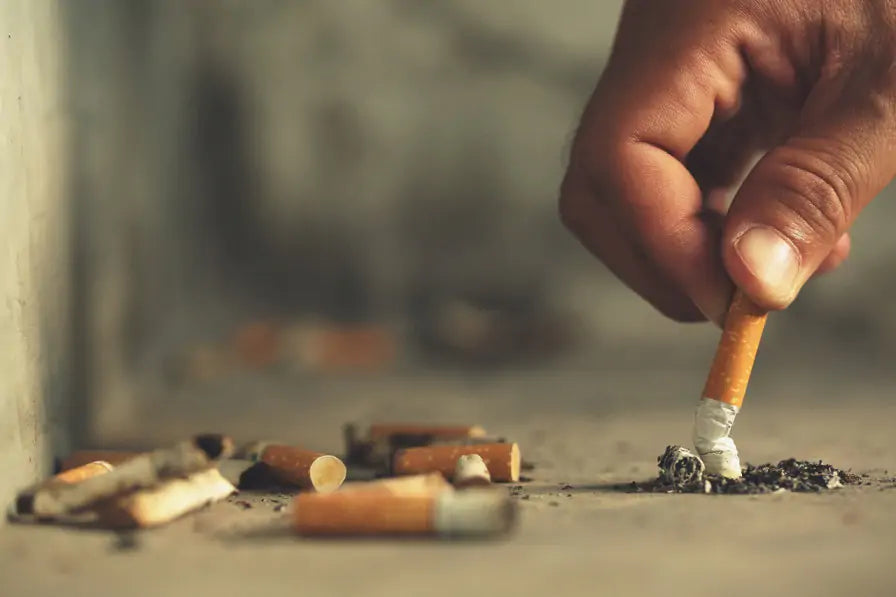OR
Express Checkout

A report has found that cigarette butts make up half of all of Ireland’s litter. The report was released by the National Litter Pollution Monitoring System, and it found that cigarette-related litter makes up 54.4% of all litter in Ireland. Other major sources of litter include packaging (18.2%), sweet wrappers (9.2%), food containers (8.9%), paper items (5.8%), and other miscellaneous litter (2.1%).
People have a ‘blind spot’ when it comes to cigarette litter
A minister for the Environment said that the report highlighted what needs to be focused on in the future, namely how rubbish is disposed of. He said that littering could be halved if people disposed of cigarette butts properly, and commented on how people seem to have a ‘blind spot’ when it comes to disposing of cigarette butts. But there was some good news - there is less pollution and litter overall in Ireland, which is thanks to the efforts of litter pickers and local authorities.
The amount of chewing gum litter has halved since 2016, thanks to the country’s Gum Litter Taskforce, but cigarette butts are still a big problem.

So why are discarded cigarettes so bad for the environment?
They contain toxic chemicals
Cigarette butts leach toxic chemicals like arsenic into the ground and they often find their way into water where they can cause contamination. This can harm marine life and other wildlife who might mistake them for food.
The filters are made from plastic fibres which are slow to decompose
The filters at the end of a cigarette are usually made from cellulose acetate, which are plastic fibres. These aren’t biodegradable; however, they will break down after exposure to the elements. This isn’t a quick process though, as is the case with most plastics. One study found that a cigarette butt was only around 38% decomposed a full two years after being discarded.